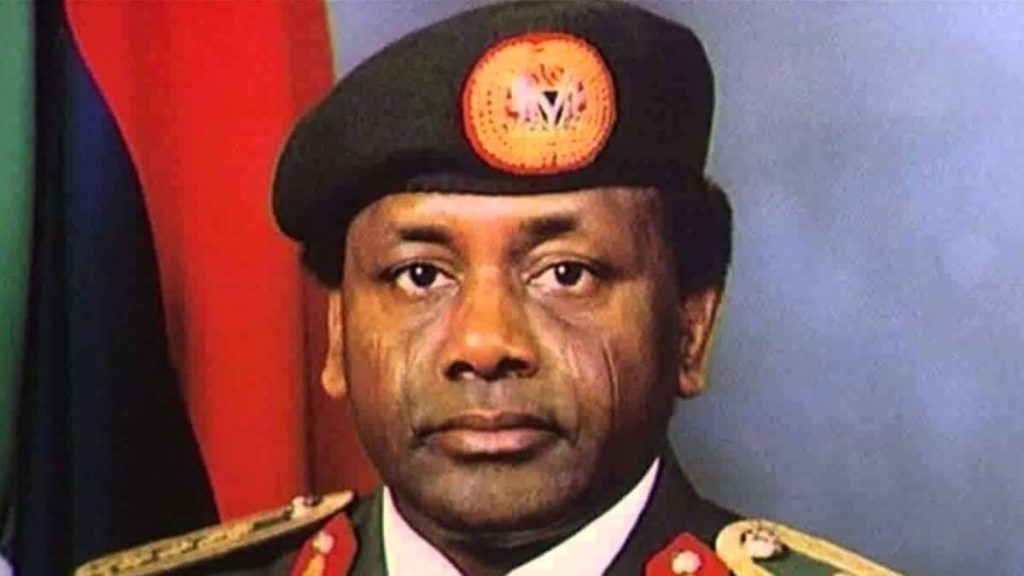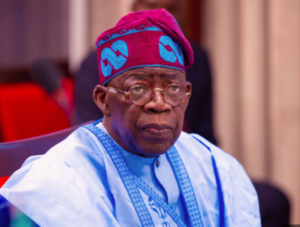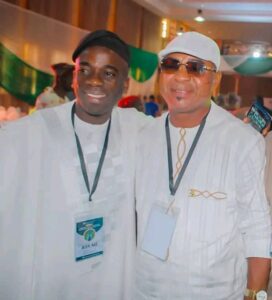
Sadiq Abacha, the son of Nigeria’s late military ruler General Sani Abacha, has come forward to defend his father’s legacy, characterizing him as a victim of envy and betrayal.
In a Facebook post on Saturday, Sadiq expressed his belief that history will ultimately portray Abacha in a favorable light, despite the persistent criticism surrounding his rule. He wrote, “The man Abacha—you have always been the one they envied with silent deceit. History shall remember you for being a better leader, no matter how much they try to put you down. As a son, I am most proud of you today. You indeed are the man they wish they were half of.”
He concluded his message with a Hausa proverb: “Duk wanda yayi jifa a kasuwa,” which translates to “whoever throws a stone in the market,” serving as a reminder that actions have consequences.
Sadiq’s comments come following the recent release of former military President Ibrahim Babangida’s memoir, which has reignited discussions about the annulment of the June 12, 1993, presidential election. In his memoir, Babangida acknowledged that the election, which was won by MKO Abiola, was annulled amid internal pressures from his administration, allegedly influenced by Abacha.
While Babangida has expressed remorse over that decision, Sadiq’s statement provides a different perspective on his father’s controversial legacy.
General Sani Abacha ruled Nigeria from 1993 until his death in 1998, a period marked by economic reforms and security initiatives but also overshadowed by serious allegations of human rights violations and corruption.




![[PHOTOS] MOK Movement Disburses ₦300,000, Distributes Food Items to the Aged in Offa During Weekly Empowerment Programme](https://newsbulletin.com.ng/wp-content/uploads/2025/10/FB_IMG_1760379043455-300x300.jpg)


